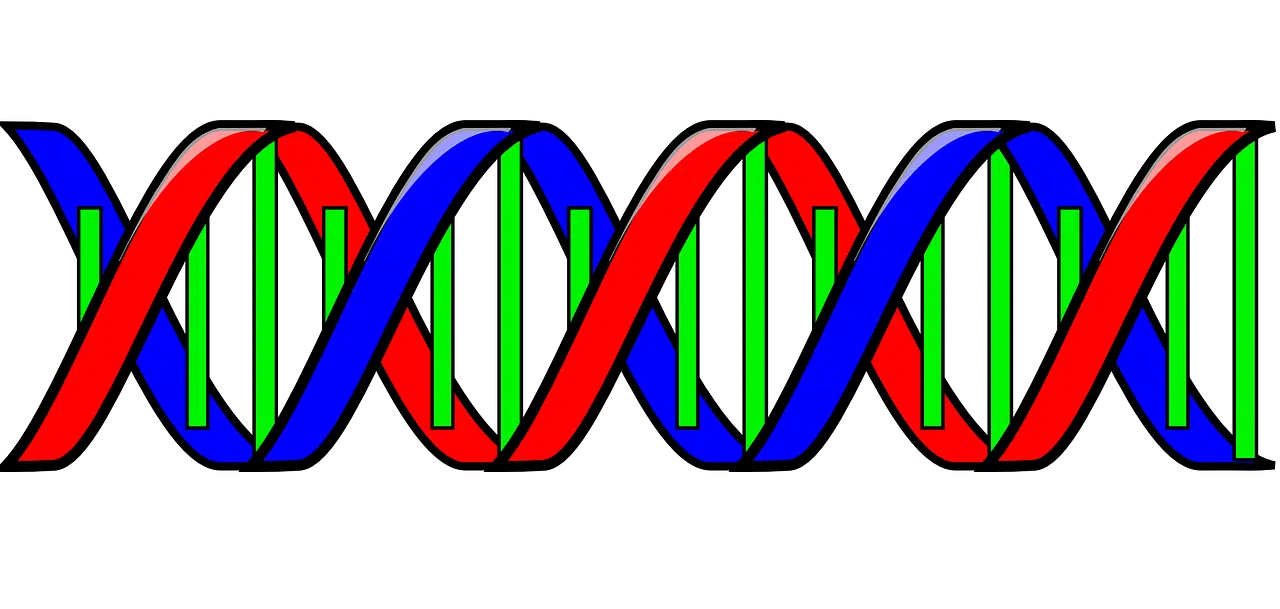
Population genetics arose from the combination of Mendelian inheritance and biostatistics.
Population genetics is a specialization of biology that explains phenomena and mechanisms of evolution through the analysis of genetic variation . In this framework, experts in this area study above all the allele frequency : the observed proportion of a certain allele in the set of those that are able to occupy a certain locus in the biological population.
Before moving forward, it is necessary to indicate that genetics is the division of biology that focuses on inheritance (the characters that a living being transfers to its descendants). The idea of population , for its part, refers to the set of individuals that are part of the same species and that live in the same time and space.
It can be noted, therefore, that population genetics examines the genetic changes that occur in a group of organisms and that contribute to their evolution . The set of phenomena studied by this discipline is also known as population genetics.
Origins of population genetics
Population genetics has its origins in the laws postulated by Gregor Mendel and in the precepts of biostatistics . Mendel explained how parents transmit characteristics to their offspring through genetic inheritance ; Biostatistics, for its part, involves the application of the knowledge of statistics to biology or medicine.
The Englishman Ronald Fisher ( 1890 – 1962 ) was one of the pioneers of population genetics. In "The genetic theory of natural selection" , a work that he published in 1930 , he demonstrated that the combination of many genes could cause continuous variation that could be measured with biostatistics tools. According to Fisher , in a population, the allele frequency can be modified by natural selection, thus favoring evolution.
John Burdon Sanderson Haldane (1892–1964), asimismo, apeló al análisis estadístico para generar conocimientos sobre las alteraciones en las frecuencias alélicas del locus de un gene según un abanico de condiciones.
Sewall Green Wright (1889–1988) también está señalado entre los precursores de la genética de poblaciones. Este biólogo norteamericano estudió la deriva genética asociada a la endogamia en poblaciones aisladas y de tamaño reducido.
In this way, Wright , Haldane and Fisher are considered the founders of population genetics, based on the integration of Mendel 's laws with Charles Darwin 's natural selection to explain the functioning of the evolution of species.

Population genetics experts study the genome of organisms in a biological population.
Main concepts
Population genetics examines variation in the frequency of phenotypes and genotypes in populations , also investigating whether they change in space and time. While the phenotype is an observable characteristic, the genotype is the genetic information that, in the form of DNA , a specific organism has.
The totality of genes of the individuals that make up a population is known as the genetic pool or gene pool . Genotypic frequency reveals the proportion of a genotype, while phenotypic frequency refers to the proportion of a phenotype.
Starting from the genotypic frequencies, population genetics can estimate the gene or allele frequency . This notion mentions the proportion of a certain allele (an alternative form of a gene) in a population.

Linkage disequilibrium and epistasis threaten the population genetics model.
Changes in population genetics
It is important to mention that various evolutionary processes generate changes in population genetics. These are procedures that modify allele frequencies, determining evolution .
One of these mechanisms is natural selection , which affects phenotypes and is associated with the survival of the individuals best suited to adapt to the environment, with which the traits of these individuals are those that end up being imposed in the transmission from generation to generation. generation.
Genetic or genetic drift, in turn, is a process that occurs from a random modification in allele frequencies. When generated randomly, these changes are generally non-adaptive and tend to minimize the genetic variability of the population.
The effects of genetic drift and natural selection are usually counteracted by a third mechanism: gene (or genetic ) flows. These occur with migration, which causes a transfer of part of the genetic pool. That is why we can speak of genetic migration .
It cannot be ignored, however, that the basis of genetic variation is mutation because it enables the production of new alleles. When the mutation takes place in a gamete, it becomes heritable.
The importance of variability
Genetic variability helps the conservation of species since it allows genetic improvement . It is about what promotes evolution and makes it possible for species to present a different population structure, generating genetic diversity .
When genetic variability is lost, however, biological efficiency or fitness is reduced. On the other hand, the lack of variability prevents humans from working on improving the genetics of the species.
